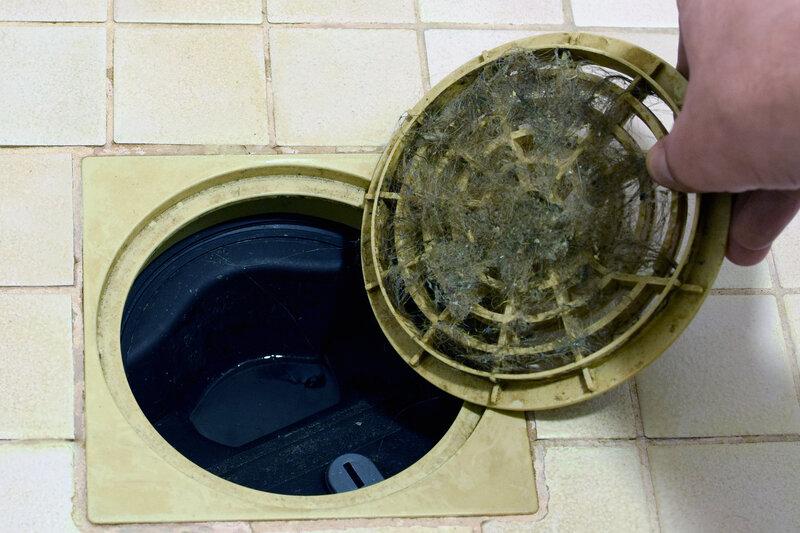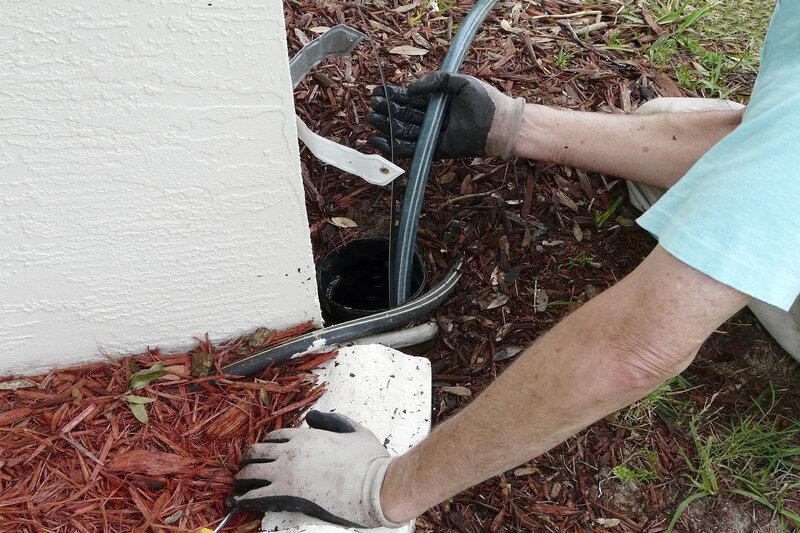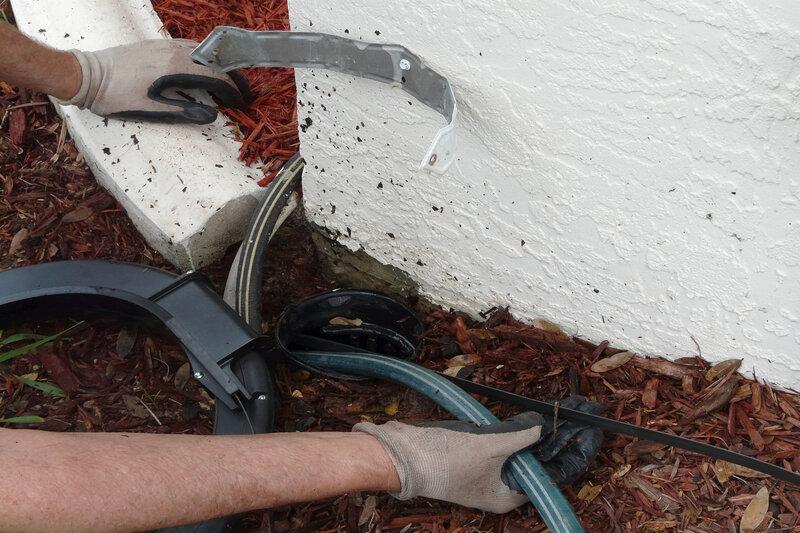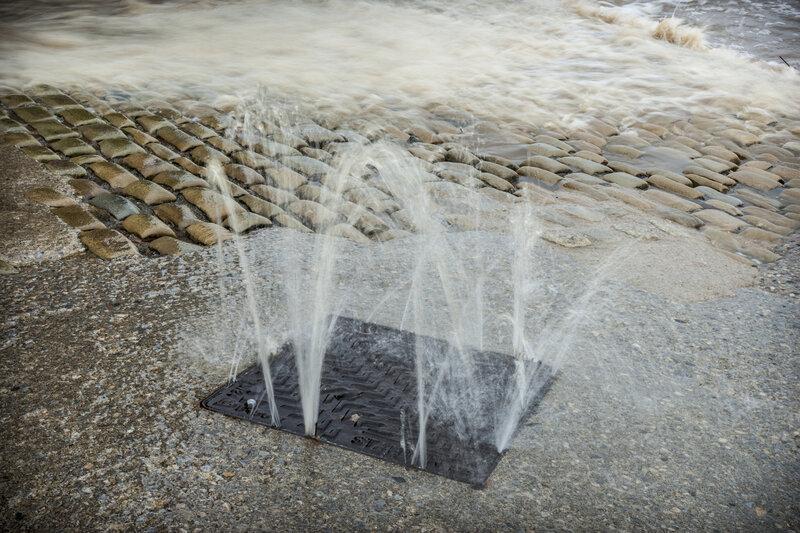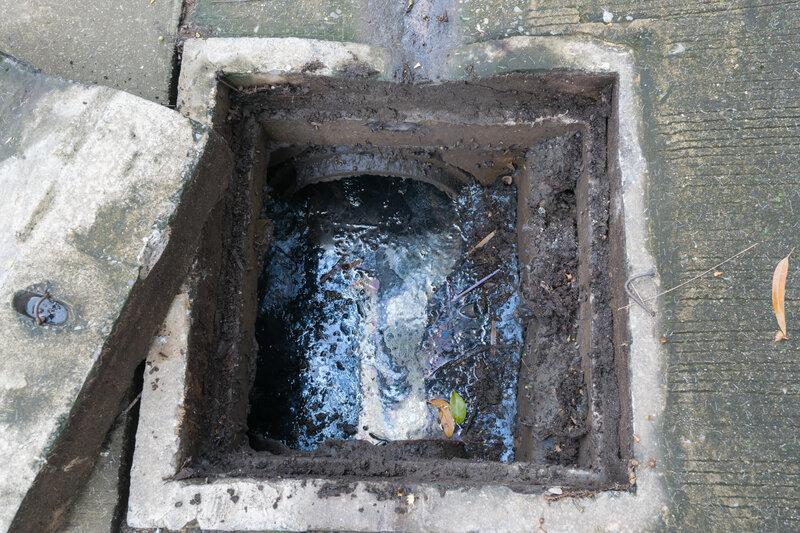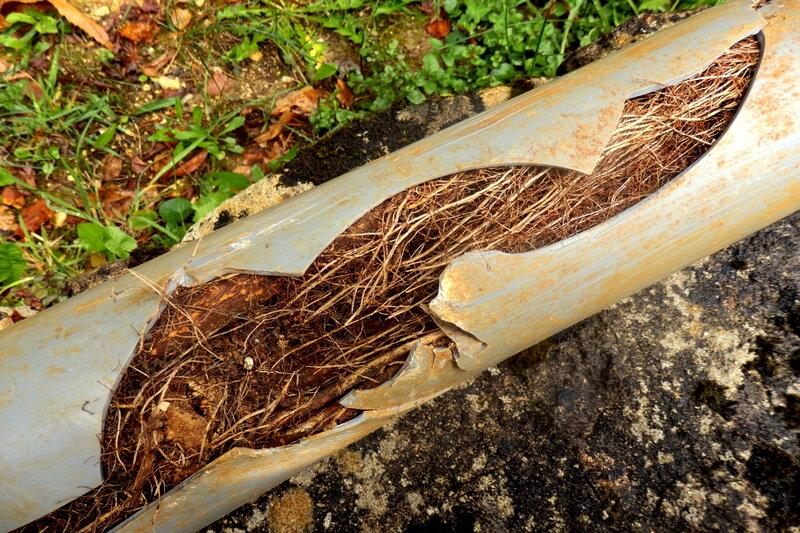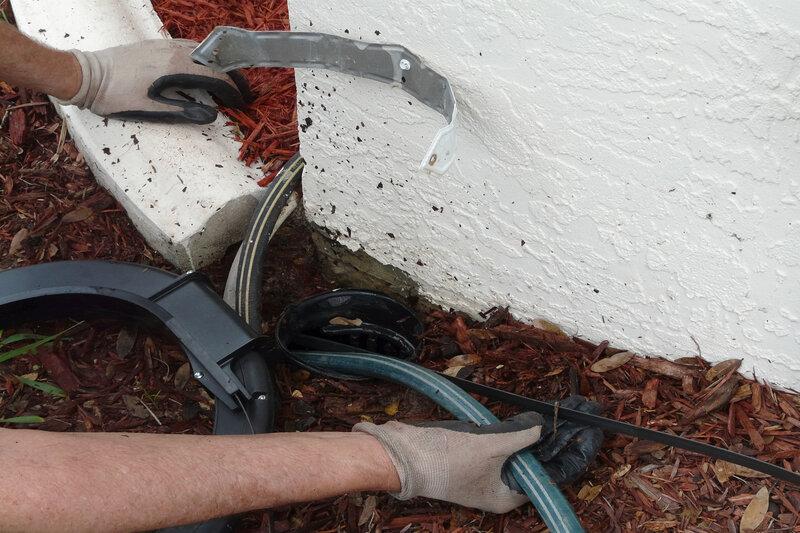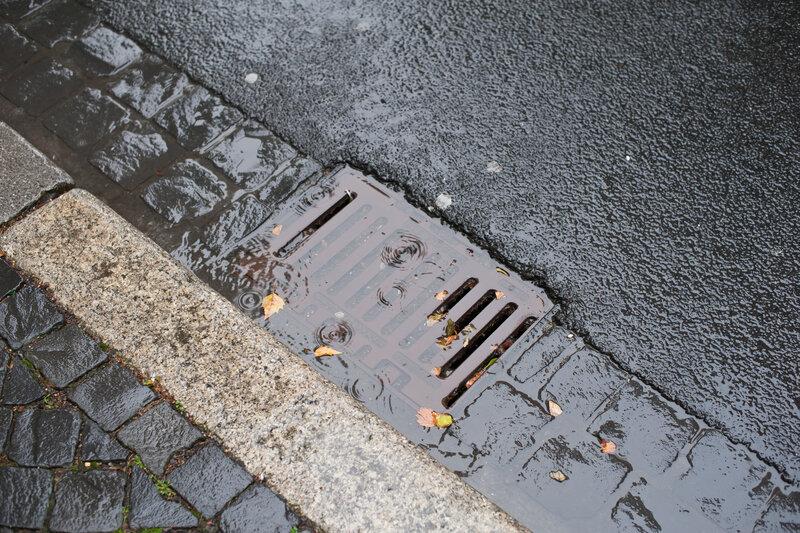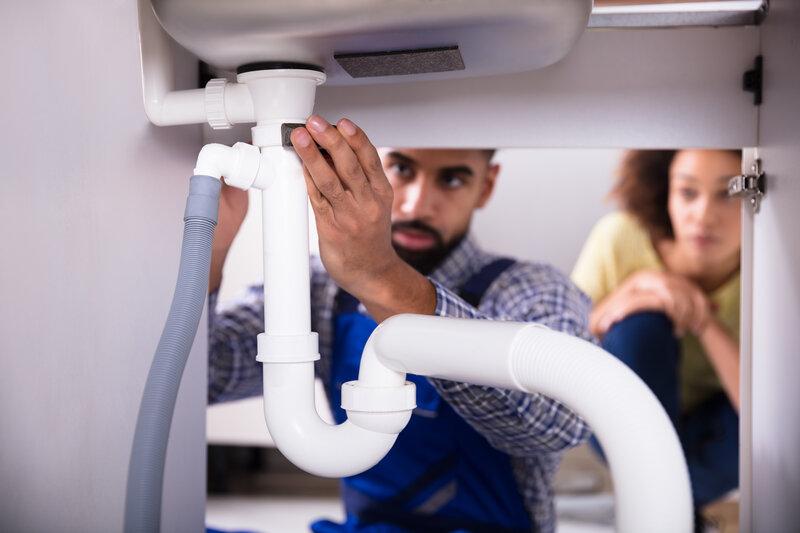Clearing Blocked Drains Uk Anytime for Your Top Quality, Great Value Blocked Drain Clearance on 020 3633 7517
Give your home a new look that is attractive and appealing.
Blocked Drains Services From Clearing Blocked Drains Uk
URGENTLY REQUIRE DRAINAGE SERVICES?? CALL US NOW ON 020 3633 7517
Who Are Clearing Blocked Drains Richmond Upon Thames
Blocked Drains Company In Richmond Upon Thames
Blocked Drains Richmond Upon Thames: What Is A Blocked Drain? A blocked drain is a type of drainage problem that can occur in any location where water flows through the ground and into an underground system. This includes homes, businesses, streets, highways and other public areas. When blockages form in pipes or drains they can cause flooding problems as well as serious health risks if not fixed quickly. The most common causes of blocked drains are items such as tree roots growing inside them; debris build-up including leaves, branches and even animal waste; clogged sewers caused by rainwater mixed with sewage; construction materials like bricks, concrete blocks or sand used during renovations; oil spills from cars or trucks on roadsides ; broken sewer lines due to earthquakes ; damaged mains caused by freezing weather . If you notice signs of a possible blocked drain (such as water spilling over the edge of your sink), it's important to call one of our experienced professionals for help right away! Our team will inspect the area closely to determine the sourceoftheproblemandwillprovideadrainageplanthatcanbeimplementedquicklyandsuccessfullytoavoidfloodingorhealthrisks.
Contact Our Local Branch in Kingston
Contact Us Now at 020 3633 7517
Blocked Drains Unblocking Service In Richmond Upon Thames Greater London
The blocked drains in Richmond upon thames are caused by human activities such as washing machines and dishwashers which can block the pipes that carry water away from your home or business. If you have a blocked drain then it is important to call one of our experts who will be able to unblock it for you quickly and efficiently using state-of-the art technology.
Hire Blocked Drains Richmond Upon Thames Greater London
The drainage system in Richmond upon Thames is a complex network of pipes and channels that convey water away from buildings and streets, to the River Thames. The earliest drains can be traced back to Roman times, when they were used as ditches for collecting rainwater. Over time, these systems grew more sophisticated; by the Middle Ages there were elaborate networks of underground rivers and canals connecting different parts of London. In 1812, during the Napoleonic Wars, an outbreak of cholera killed thousands in London; this led to renewed interest in improving sanitation facilities. One result was the construction of several large open sewers – known as ‘putrid wells’ – which served as conduits for raw sewage runoff from city centres into nearby waterways (Richmond had its own putrid well). By 1900 most major cities had developed similar systems; however, due to their unsightly nature many were closed down or converted into parks or other public spaces over the following decades. In 1951 work began on a new sewer system in Richmond upon Thames designed by Sir Joseph Bazalgette (a pioneer in urban planning who also designed London’s famous Underground railway). The project involved building 38km (~24 miles)of main trunk lines running beneath densely populated neighbourhoods; it also included dozens of smaller lateral branches linking residential areas with commercial districts and municipal wastewater treatment plants. At its peak around 2 million people lived within reach of Bazalgette’s infrastructure; today just under one million residents remain connected thanks largely to improved waste management practices (including recycling), population growth outside Greater London borough boundaries (+10% between 020 3633 7517),and increased investment by local authorities (£1 billion since 2000).
Residential Blocked Drains Service In Richmond Upon Thames Greater London
There are many reasons why a residential blocked drain service in Richmond Upon Thames may be required. One common cause is human activity, such as when someone tries to clean the sink or toilet without first unblocking the drainage system. Other causes can include plumbing problems, blockages from tree roots and debris, and even floods caused by heavy rains or snow melt. In any case, if you notice that your drains are becoming increasingly clogged up over time – especially during periods of high water demand – it’s important to call an experienced professional for help ASAP. A blocked drain company in Richmond Upon Thames will typically have all the necessary equipment and expertise needed to get your drains cleared quickly and efficiently. They will also likely employ environmental engineers who understand how hydrology works (and how weather patterns can affect drainage). Plus, they’ll often have access to state-of-the-art hydraulic engineering tools like closed circuit television cameras and sewer probes which allow them see down into inaccessible areas of pipes below ground level. Finally, their plumbers will always be fully trained on current methods for dealing with toilets & sinks emergencies including using Clearing Blocked Drains Richmond Upon Thames safely!
Unblocking Blocked Drains In Richmond Upon Thames Greater London
When it comes to drainage, the city of Richmond Upon Thames is no stranger. In fact, this metropolitan area has a long history with water management and infrastructure. From its earliest days as an agricultural community, Richmond Upon Thames was built on rivers – both natural and man-made. Over time, these waterways have been channelized into canals and then streets; today they form part of the urban fabric of the region (Richmond Council 2013). This network of interconnected waterways serves not only municipal purposes like flood control but also industrial sites like shipyards and power plants (Baker et al 2016). As cities grow larger and more complex, their drainage systems must keep up. According to statistics compiled by The Guardian newspaper , nearly one million blockages occur each year across London – costing businesses £1 billion in lost productivity alone! Blocked drains can cause flooding during heavy rainstorms or even periods of high groundwater flow due to melting snowpack . They can also lead to sewage backups if wastewater accumulates behind obstructions caused by tree roots or other debris (The Guardian 2017b ). Needless to say: If your drain isn’t flowing freely , you may be experiencing some plumbing problems ! In order address these issues head-on,, local municipalities rely on professional Clearing Blocked Drains Richmond Upon Thames companies such as ours who specialize in unblocking all typesof blocked drains including residential,.
Unclogging Blocked Drains In Richmond Upon Thames Greater London
Richmond Upon Thames is a district in South East England, located on the River Thames. The area has been inhabited for over two thousand years and contains many historical sites including Richmond Palace and Kew Gardens. In recent times, the borough has seen significant development with new housing estates being built to accommodate an increasing population. One of the main problems facing residents is blocked drains - often caused by human activity or natural events such as storms. Blocked drains can lead to flooding and damage property, so it is important that they are cleared as quickly as possible. Clogged drains can be a major problem for communities across the UK, but particularly in areas like Richmond Upon Thames where development happens rapidly and there are plenty of opportunities for water to accumulate due to rain or snow melt runoff. This type of drainage system was originally designed specifically for agricultural use but now finds its way into residential neighbourhoods through broken sewers or clogged storm drain systems (CCTV footage shows this happening frequently). When these pipes become blocked it causes sewage backing up into homes through sinks, toilets and other plumbing fixtures – leading not only to unpleasant smells but also potential health hazards if left untreated (such as Legionnaires’ Disease). In order to prevent blockages from occurring in the first place we need effective infrastructure management practices that account for both natural phenomena (storms) and human activities (building construction & maintenance). For example: when building work occurs near waterways/storm drain systems; contractors should ensure all debris is removed before commencing work; workers should avoid working around any obstructions during installation etc.). Similarly municipalities must take steps such as enforcing regulations prohibiting dumping materials down storm drain systems etc.) Ultimately though prevention remains our best defence against blocking drainage networks – something that every resident needs to keep at forefront of their mind
Area Clearing Blocked Drains Richmond Upon Thames Covers
Blocked Drains Greater London
- Blocked Drains Rainham
- Blocked Drains Kingston
- Blocked Drains South Woodford
- Blocked Drains Kennington
- Blocked Drains Wimbledon
- Blocked Drains Poplar
- Blocked Drains Northolt
- Blocked Drains Battersea
- Blocked Drains Mottingham
- Blocked Drains Beckenham
- Blocked Drains Wood Green
- Blocked Drains Hounslow
- Blocked Drains Rush Green
- Blocked Drains Park Royal
- Blocked Drains Southgate
- Blocked Drains Hillingdon
- Blocked Drains Beckton
- Blocked Drains Holloway
- Blocked Drains Bromley
- Blocked Drains Bexley
- Blocked Drains Highbury
- Blocked Drains Hornchurch
- Blocked Drains North Finchley
- Blocked Drains Pinner
- Blocked Drains Marylebone
- Blocked Drains Shadwell
- Blocked Drains Kingston Upon Thames
- Blocked Drains Heston
- Blocked Drains West Ham
- Blocked Drains Perivale
- Blocked Drains Hayes
- Blocked Drains South Norwood
- Blocked Drains Yiewsley
- Blocked Drains Mortlake
- Blocked Drains Barnet
- Blocked Drains Hither Green
- Blocked Drains Southfields
- Blocked Drains Wandsworth
- Blocked Drains Islington
- Blocked Drains Bermondsey
- Blocked Drains Petts Wood
- Blocked Drains Brent Cross
- Blocked Drains Bethnal Green
- Blocked Drains Worcester Park
- Blocked Drains Kensington
- Blocked Drains South Kensington
- Blocked Drains West Drayton
- Blocked Drains South Croydon
- Blocked Drains North London
- Blocked Drains Ruislip
- Blocked Drains Mill Hill
- Blocked Drains Acton
- Blocked Drains Brentford
- Blocked Drains Leyton
- Blocked Drains Tooting
- Blocked Drains Wallington
- Blocked Drains Sanderstead
- Blocked Drains St Mary Cray
- Blocked Drains Teddington
- Blocked Drains Orpington
- Blocked Drains Belvedere
- Blocked Drains South Harrow
- Blocked Drains Barking And Dagenham
- Blocked Drains Brixton
- Blocked Drains Sutton
- Blocked Drains New Eltham
- Blocked Drains Soho
- Blocked Drains Thornton Heath
- Blocked Drains Lambeth
- Blocked Drains Tower Hamlets
- Blocked Drains Morden
- Blocked Drains Kenton
- Blocked Drains Belgravia
- Blocked Drains Brent
- Blocked Drains Woodford Green
- Blocked Drains Chelsea
- Blocked Drains Wembley
- Blocked Drains Addiscombe
- Blocked Drains Brockley
- Blocked Drains Welling
- Blocked Drains Queensbury
- Blocked Drains Rotherhithe
- Blocked Drains Kilburn
- Blocked Drains Walthamstow
- Blocked Drains Newham
- Blocked Drains Barking
- Blocked Drains Muswell Hill
- Blocked Drains Raynes Park
- Blocked Drains Kew
- Blocked Drains Woolwich
- Blocked Drains Leytonstone
- Blocked Drains Stanmore
- Blocked Drains Richmond
- Blocked Drains Herne Hill
- Blocked Drains Camden Town
- Blocked Drains Anerley
- Blocked Drains Southwark
- Blocked Drains Whetstone
- Blocked Drains Tulse Hill
- Blocked Drains Havering
- Blocked Drains Dagenham
- Blocked Drains Upton
- Blocked Drains Hornsey
- Blocked Drains Wanstead
- Blocked Drains Hook
- Blocked Drains Neasden
- Blocked Drains New Southgate
- Blocked Drains Roehampton
- Blocked Drains Plaistow
- Blocked Drains Notting Hill
- Blocked Drains London
- Blocked Drains Middlesex
- Blocked Drains South London
- Blocked Drains South Tottenham
- Blocked Drains Stoke Newington
- Blocked Drains Romford
- Blocked Drains Abbey Wood
- Blocked Drains Redbridge
- Blocked Drains Camberwell
- Blocked Drains Manor Park
- Blocked Drains Enfield
- Blocked Drains West Norwood
- Blocked Drains Surbiton
- Blocked Drains South Ruislip
- Blocked Drains Palmers Green
- Blocked Drains Hammersmith
- Blocked Drains Greenwich
- Blocked Drains West London
- Blocked Drains Twickenham
- Blocked Drains Paddington
- Blocked Drains Isleworth
- Blocked Drains Barnes
- Blocked Drains Kentish Town
- Blocked Drains Mitcham
- Blocked Drains Tolworth
- Blocked Drains Stockwell
- Blocked Drains Thamesmead
- Blocked Drains Purley
- Blocked Drains Bayswater
- Blocked Drains Merton
- Blocked Drains Tottenham
- Blocked Drains Putney
- Blocked Drains Hendon
- Blocked Drains Fulham
- Blocked Drains Vauxhall
- Blocked Drains Croydon
- Blocked Drains Ponders End
- Blocked Drains Sydenham
- Blocked Drains Uxbridge
- Blocked Drains Pimlico
- Blocked Drains West Wickham
- Blocked Drains Kingsbury
- Blocked Drains Peckham
- Blocked Drains Plumstead
- Blocked Drains Waltham Forest
- Blocked Drains Harrow
- Blocked Drains Streatham
- Blocked Drains West Ealing
- Blocked Drains Richmond Upon Thames
- Blocked Drains Woodford
- Blocked Drains New Malden
- Blocked Drains Upminster
- Blocked Drains Hackney
- Blocked Drains North Cheam
- Blocked Drains Willesden
- Blocked Drains Wapping
- Blocked Drains Holland Park
- Blocked Drains Winchmore Hill
- Blocked Drains Penge
- Blocked Drains Northwood
- Blocked Drains Bexley Heath
- Blocked Drains Westminster
- Blocked Drains New Cross
- Blocked Drains Camden
- Blocked Drains Kenley
- Blocked Drains Haringey
- Blocked Drains Southall
- Blocked Drains Bexleyheath
- Blocked Drains Barkingside
- Blocked Drains Stepney
- Blocked Drains Sidcup
- Blocked Drains Lewisham
- Blocked Drains Knightsbridge
- Blocked Drains Selsdon
- Blocked Drains Ealing
- Blocked Drains Bow
- Blocked Drains Ilford
- Blocked Drains Norbury

